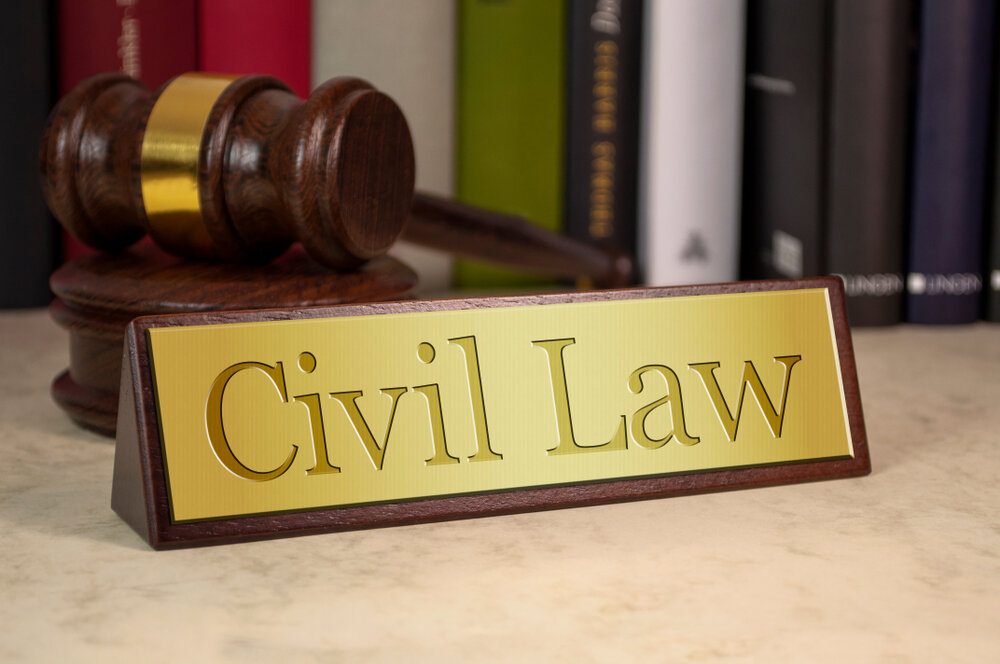
Civil law forms the cornerstone of a just and orderly society. It governs the private rights and obligations of individuals, organizations, and institutions—ensuring fairness, accountability, and legal recourse in everyday interactions. Unlike criminal law, which focuses on offenses against the state, civil law addresses disputes between private parties where compensation or specific performance is sought rather than punishment.
The scope of civil law is vast, encompassing areas such as contracts, property disputes, torts, family matters, succession, and consumer protection. It provides a structured mechanism for resolving conflicts and protecting individual rights through established legal principles and judicial interpretation. The Code of Civil Procedure, 1908 (CPC) lays down the procedural framework, ensuring that justice is delivered systematically and transparently.
At its core, civil law is about restoring balance — whether it’s enforcing an agreement, compensating for harm, or upholding property rights. Through injunctions, damages, and declarations, the legal system empowers individuals to seek redress when their civil rights are infringed. It reflects the belief that justice should not depend on power or influence but on truth, equity, and the rule of law.
Civil courts also play a crucial role in shaping social and economic stability. By resolving disputes peacefully and predictably, they foster trust in institutions and encourage compliance with legal norms. Moreover, the evolution of alternative dispute resolution (ADR) mechanisms—such as arbitration, mediation, and conciliation—has made civil justice more efficient and accessible.
Ultimately, civil law embodies the foundations of justice in its purest form. It is not merely a set of legal rules but a living framework that upholds human dignity, social harmony, and the principle that every grievance deserves a fair hearing. Through civil law, the promise of justice is made real—one decision, one right, and one remedy at a time.


